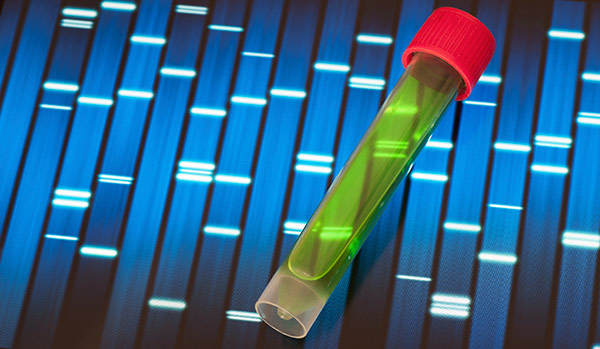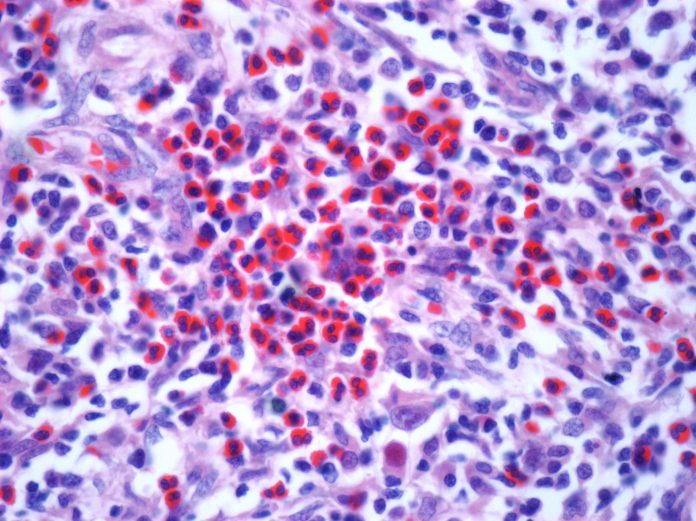
Hypothyroidism is also known as underactive thyroid
Ever find yourself hitting the gym diligently, practising yoga, maintaining a balanced diet and following a strict fitness routine, yet the stubborn weight refuses to come down? Well, recent insights from nutritionist Lovneet Batra’s Instagram Stories might shed some light on this common frustration. According to Batra, the culprit behind your stuck weight could be hypothyroidism. When thyroid levels are low, your metabolism undergoes a significant shift. Instead of efficiently burning calories for energy, your body switches gears, lowering your basal metabolic rate (the energy you expend at rest). This metabolic slowdown means your system becomes more adept at storing calories from your diet as fat, even if your calorie intake remains consistent.
In essence, low thyroid hormone levels send signals to your liver, muscles, and fat tissue to hoard those calories. So, weight gain becomes an unwelcome consequence, despite your best efforts in the gym and strict diet. Understanding the role of hypothyroidism can be the key to overcoming this weight loss roadblock.
Now the next question is, what can be done to manage hypothyroidism? Here’s a list of foods that individuals with hypothyroidism should stay away from:
1. Cruciferous Vegetables: While green veggies like kale, broccoli, cauliflower, turnips, cabbage, and spinach are undeniably nutritious, they contain goitrogens, compounds that can interfere with thyroid hormone production. If you can’t resist adding them to your diet, enjoy them in moderation.
2. Soy Foods: Soy products, such as tofu and soy milk, contain substances like isoflavones and oestrogen that can disrupt the body’s ability to utilise thyroid hormones. If you have an underactive thyroid, it’s best to avoid soy in all forms.
3. Millets: Millets, though considered healthy, contain apigenin, a flavonoid that can reduce the activity of thyroid peroxidase, an enzyme essential for iodine insertion into thyroid hormones.
4. Caffeine: Timing is crucial here. If you’re taking thyroid medication, consuming caffeine right after can interfere with its effectiveness. So, be mindful of when you enjoy your caffeinated beverages.
5. Alcohol: Alcohol’s negative impact on the body extends to the thyroid. It can disrupt both the production and absorption of thyroid hormones. It’s best to limit or avoid alcohol altogether to support your thyroid health.
So follow these simple tips and stay healthy.
Disclaimer: This content including advice provides generic information only. It is in no way a substitute for a qualified medical opinion. Always consult a specialist or your own doctor for more information. NDTV does not claim responsibility for this information.










